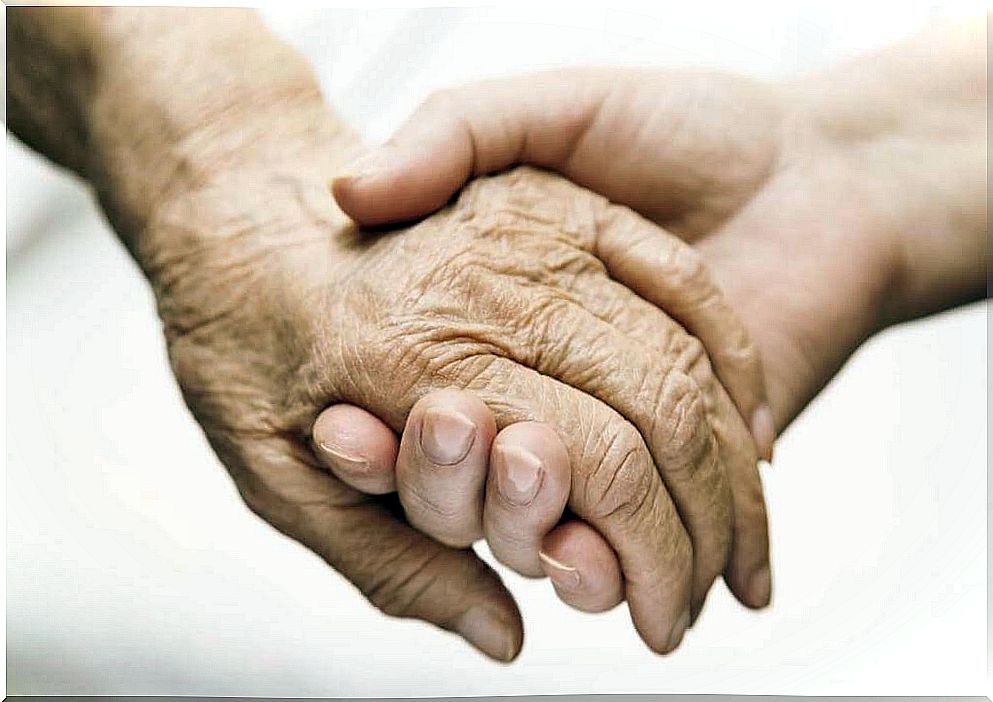Understanding Caregiver Syndrome

Caring for another person usually requires a good dose of patience at times. If this dedication exceeds certain limits, stress, physical and psychological exhaustion appear and take their toll on us. It is in this context that we can understand “the caregiver syndrome”.
Caregiver syndrome
The syndrome caregiver is a disorder that affects people who have to exercise this role, and is characterized by progressive worsening of negative symptoms and occurs because the caregiver gradually transforms his life of the patient and the problems of this in yours.
Caring for a person who suffers from an illness or has some kind of disability 24 hours a day generates a burden that must be eliminated with moments of disconnection, abandonment of the role. From going from caring to being cared for. Taking charge of someone implies assuming and carrying out activities for which many times we were not prepared and to which we have to get used to. This responsibility over time can lead to this disorder, since according to experts, the syndrome develops as the caregiver assumes tasks (food, medication, hygiene …), which involve being aware of the other person, which entails a psychological and physical burden.
The responsibility of caring for the patient requires almost exclusive dedication, leaving time to devote to other personal and social activities. This continuous attention generates exhaustion in the caregiver, but at the same time creates anguish and feelings of guilt when they are not aware of the other person. This can lead to anxiety, depression, isolation, sleep disorders and, above all, physical and mental fatigue.
THE CAREGIVER’S LIFE COMPLETELY CHANGES
When a person exercises the role of caregiver, his life changes completely. The time to dedicate to themselves is reduced to a minimum, affecting their personal, social and work relationships. His mood changes, he becomes more susceptible and irritable. This far from helping, harms both the caregiver and the dependent person.
The key is to detect the appearance of this syndrome and prevent it. Taking on the task of caring for another implies preparing for it. From acquiring skills for their medical care to organizing and sharing tasks with other people to avoid overloading of functions and, therefore, anxiety.
Another fundamental aspect and, in which the experts emphasize, is that it is necessary to avoid by all means annulling the social life. It is important to continue enjoying a few hours of leisure and free time to disconnect from this hard task. This has a positive effect on the caregiver’s mood and, therefore, it will be easier for them to assume this role.
When the experience of caring for another person is prolonged in time, one of the most advisable options is to try to seek external support and resources to cope with this complicated situation. This alternative is not always available to the caregiver, but we must try to ask for help to avoid exacerbating the emotional disorders that this task entails.
That the person who cares find moments to take care of himself or for others to take care of him is more than important, essential. Otherwise, whoever performs this beautiful role will also end up sick. We must take care of the caregiver. Does someone deserve more care than the person who cares?









